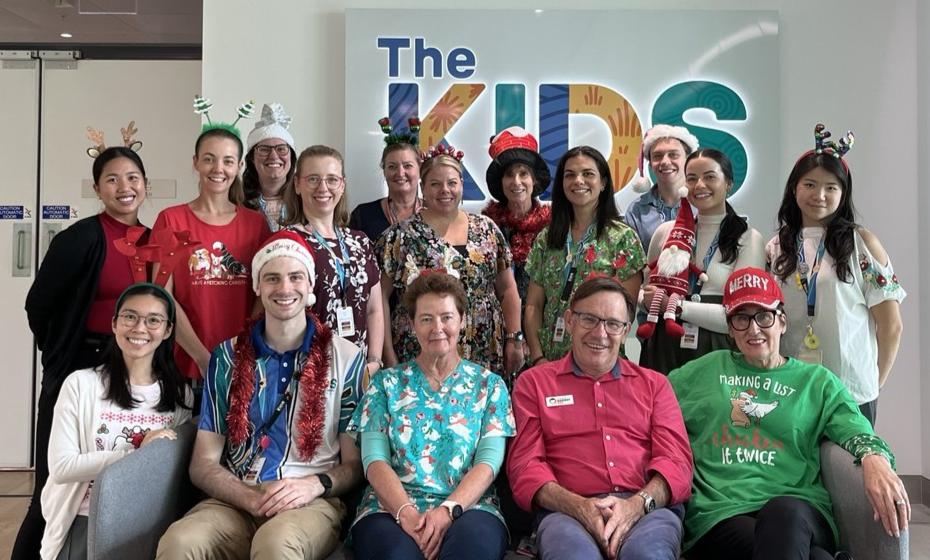Search
Help us discover a way to expand protection for the next generation.

The CMVictory Study aims to learn more about the safety and effectiveness of a potential CMV vaccine.
ATOMIC Ears Study The ATOMIC Ears Study aims to evaluate a new treatment designed to prevent ongoing ear infections in kids having grommet surgery.
Coming up in 2021 We have a a study to suit every age range in 2021! From babies at just six weeks for the FluBub Study, through to teenagers in

The year that was 2025!
Highlights from the VTG Laboratory in 2025
Conference presentations in 2025
COVID-19 Research Update
Latest news & events at the Wesfarmers Centre of Vaccines & Infectious Diseases.

News & Events
Study finds high RSV awareness with parents open to future immunisationA The Kids Research Institute Australia study designed to gauge community awareness of respiratory syncytial virus (RSV) has found parents and parents-to-be are highly aware of the virus and are open to immunisation to tackle it.
